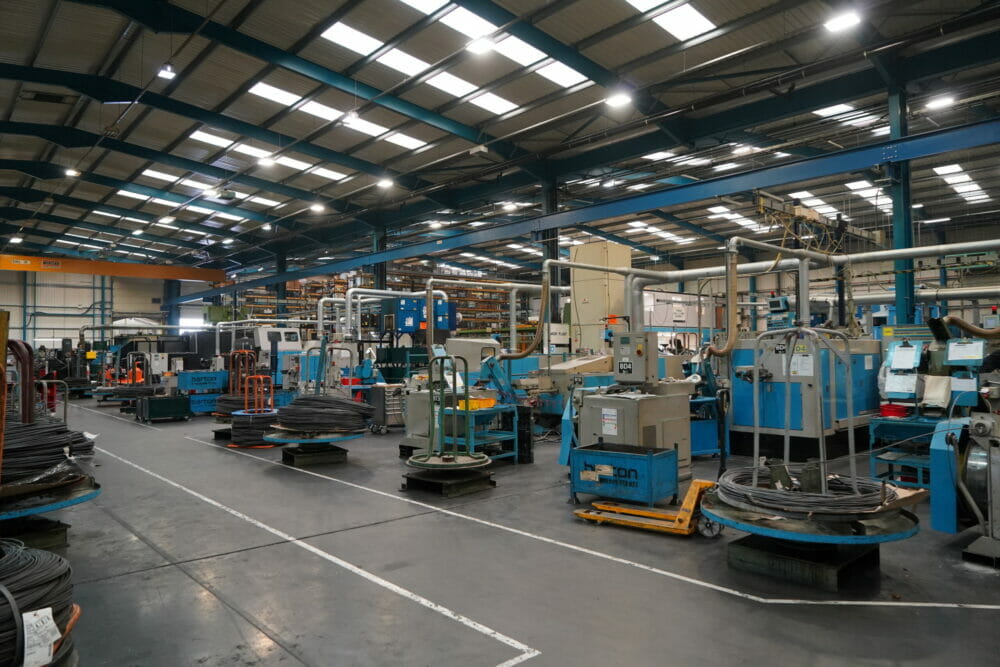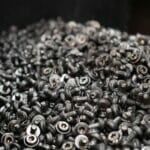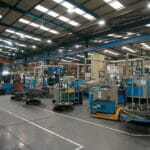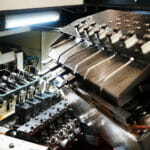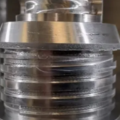Optimas’ UK manufacturing division, Barton Cold-Form, holds a rich 90-year legacy of cold-form fastener manufacturing.
Established in 1932 at the Barton Arms public house in Birmingham, Barton Cold-Form has seen incredible technological advancements across industry since its inception. However, although cold-forming is recorded to have been in use as early as the 19th century, the team at Barton have proved its suitability to many modern engineering requirements.
Cold-forming’s production of durable and consistent fasteners on a large-scale allows it to lend itself to many manufacturing applications of today. Cold-form manufacturing is typically used to make fasteners with complex shapes and screw heads, and produces parts by forming metal into different shapes through force, and without heat. This process maximises a part’s metallurgical properties, prioritising strength and durability by ensuring its structural integrity. Working with partners from the EV, defense, power generation, automotive and off-highway industries, amongst many others, Barton’s cold-form process has catered to a range of durable, bespoke fastening solutions.
Across its time, Barton has partnered with manufacturers with an incredibly high product output, but with 29 Nedschroef, Sacma and Nakashimada cold-heading machines running 24 hours a day, Barton is more than well-suited to large-scale production. A single cold-forming machine can produce hundreds of thousands of pieces a day, which is much higher than other forms of manufacturing, like hot forging or bar turning.
However, Barton’s capability for large-scale production hasn’t detracted from its environmental consciousness. The plant has recently attracted a wave of new customers with a heightened focus on sustainability. Not only does Barton’s central location in the UK allow for a lowered carbon footprint through onshoring and nearshoring, but its manufacturing process itself is highly reproducible.
Prioritising sustainability from the very beginning of the manufacturing process, Barton sources green steel, which is then formed in its near-net state, ensuring very minimal waste of raw materials. Alongside running on 100% renewable energy, Barton also recycles 89% of its cold-forming waste, with 0% of it sent to landfill.
With sustainability and localisation now key elements in the decision-making process for most manufacturers, Barton has only become a more attractive supply partner. In the face of increasingly advanced manufacturing technologies across industries, Barton is well-suited to cater to even the most complex of fastening requirements.


